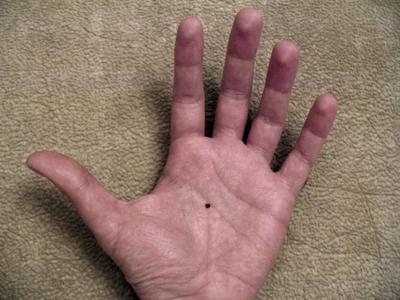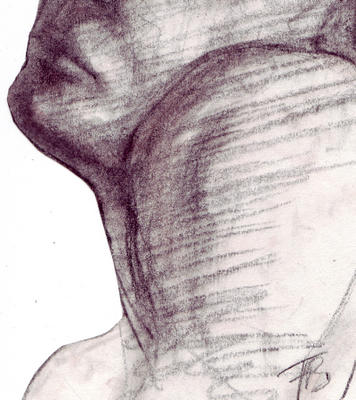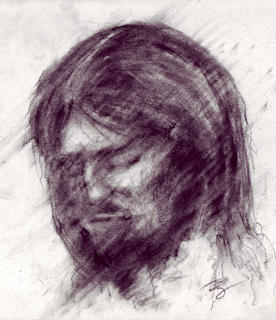Y joined our small lebanese community in Nashville a little over 2 weeks ago. He came here straight from Lebanon to complete a fellowship in minimally invasive surgery, which in itself is quite an undertaking, especially for the breed of "foreign" trained physicians that we belong to.
Being the hardworking and amiable person he is, he received tremendous support from the chairmen of both surgery departments, and with a heart filled with excitment and expectation, he jumped on and off the plane into the arms of sweet mother America.
On his very first day, he was handed a 10 cm thick pile of articles to read and write up into a review presentation, on a topic he knew hardly anything about. That's in addition to a long list of all his in-lab and in-hospital responsibilities. Although he felt a little apprehensive and overwhelmed, Y was never shy of hard work. He knew this wasn't going to be a stroll in the park, but he was all for it.
Yet he quickly found out that the hospital work wasn't exactly the hard part. It wasn't the hard part at all.
The first couple of days, he said, were the most lonely and most depressing he'd ever had.
Sleeping on the floor in an empty apartment, not knowing where to go, what to do, who to talk to, barely getting the gist of an unfamiliar english molded by the heavy accent of the deep south, realizing that in this new country, he was as human as a set of numbers stored in his governmental records; social security number, credit index, bank account, random numerical sequences that give him a statute of living, and without which he might as well cease to exist.
Three days into his odyssey, Y was ready to pack his things and fly back home.
Yet he didn't. Instead he found a small support system in the few lebanese kiddos that we are, and through us he tried to understand, just like we did not so long ago, that in America, emptiness was calm, numbers were order, and loneliness was an expression of character and individuality.
I don't think he quite understood though. I don't think any of us did.
A few days later, he told me he spent one hour and two hundred dollars at a middle eastern grocery store. Everything he saw and recognized, he bought. He said he even bought things like halewe, which he never ate when he was still in Lebanon. He said he couldn't help himself. He said he missed it all too much.
I wanted to tell Y I missed it all too much, too. But I have learned all too well to forget.
I don't know what will become of Y in a year, or two, or three. I don't know how he will change and who he will become.
I know that, over the past few years, I have somehow learned how to live without the man'ousheh, the ka3keh bi knefeh, the loubieh bzeyt, the betenjen me'li, without the jiran, the dekken, the service, without the to2borneh, the katter kheir allah, the sahtein wou 3afieh, the salemet albak, and the yeslamo hal iden. I somehow did.
Yet everytime I find a Fayrouz song, somewhere on a website, I can't help but listen, and as soon as the music starts, as soon as she starts singing, all I want is to go back to libnen, kneel down on every inch of soil that I have cursed and forsaken, and cry.
Cry until I have no more tears to shed and nowhere else in the world to go.





